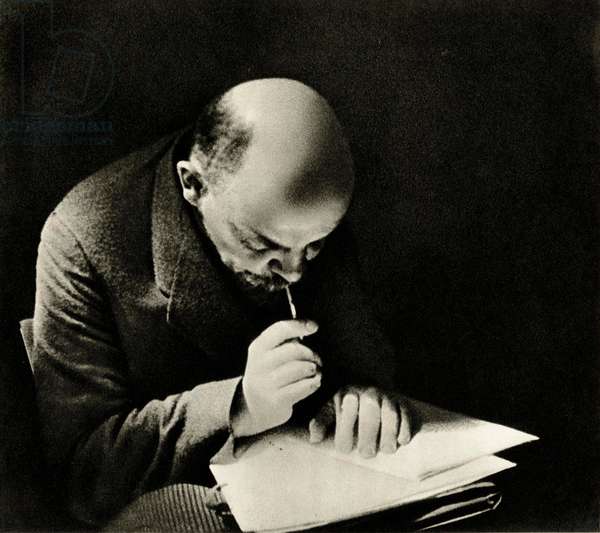Darwin, although a materialist at heart (maybe) wasn’t very dialectical. Darwin’s major faults are his binary steps of evolution, you take the right step you continue to exist, you take the wrong step you vanish, hence evolution is the result of taking all the right steps. So the panda took a wrong step somewhere, but maybe easter bugs did too, helping out humans grow things by eliminating other bugs. Now they are becoming extinct because of pesticides and insecticides. Maybe bees will too.
Do we know that humans made right choices or not? They created capitalism and this seems to be accelerating us towards extinction. What about pre-capitalist choices, like that of 10k years ago to select seeds, cultivate them, modify them, create monocultures and sentence other plants and life in general to extinction to do so. To what extent do we perceive human choices as natural phenomenon and to what extent is the dialectic with the material world and those choices acceptable or rejectable?
Can capitalism be the result of a sequence of other bad choices humanity (or certain parts of humanity that became dominant post 15th century) made? It is hard to believe that capitalism is the only poor choice humanity ever made.
Humans did exploit other humans and oppressed other humans before capitalism or even its very fundamental conditions existed (private property for one). Inequality and social stratification did exist in pre-capitalist societies, large and small, but not universally as anthropology and archaeology came to discover. Injustice as a result of inequality we can say it was more prevalent everywhere before capitalism.
But we must accept the possibility that humans can organize and revert all the bad choices made, decrease or eliminate inequality and injustice, eliminate the need for war and violence, instead of waiting for some deity to materialize and force that condition. Or at least, have this i"deal" of such a true communist society to struggle for and design the path to. (something about this statement I feel really uneasy with).
:)


Good question.
I’d say humans are part of nature and so their actions are ‘natural’. IIRC JB Foster talks about this in Marx’s Ecology but I’ll have to double check. Remind me in a couple of days if I haven’t checked for you and provided the relevant quote! This book traces Marx through Darwin and several other thinkers.
I’m unsure what you mean by the ‘right choices’ in relation to choosing a political economy. I wouldn’t say that humans ‘chose’ capitalism. It was the system that arose when humans resolved the contradictions of feudalism. In a similar way, there’s a limit to the extent to which humans can ‘choose’ socialism.
For example, China struggled for many years because its development of the forces of production did not match the development of its relations of production—for example you can’t really guarantee everyone a short working day when you don’t have tractors, because long hours are still needed if manual agricultural workers have to produce food for themselves and the growing industrial proletariat (if it doesn’t have time to grow its own food). That was one of the reasons for the Dengist reforms, to develop the forces of production. The available choices are limited by the existing political economic reality.
I would also challenge this statement:
Capitalism is inequality, where the wealthy few secure their wealth by impoverishing the mass of workers. It’s the same in all class society but in monopoly capitalism, the wealth of the few outstrips the wealth of the many by greater magnitudes than in other class societies. Through imperialism, a handful of billionaires control the fate of seven-plus billion people. For most of those, life is shit. Feudalism had its problems but the ratio of rulers:ruled was a little better. And in previous epochs, if anyone ate, everyone ate. That’s not the case in capitalism.
If anything, capitalism may be more unjust than e.g. feudalism, albeit in a different way. Marta Russell argues in Capitalism and Disability, for instance, that ‘disability’ didn’t really exist before capitalism. If someone had a mental or physical impairment, for example, they would often still contribute to production. The unit of production was the family rather than the individual. In capitalism, the employer does not want to pay to make the workplace accessible. This practice isolates ‘disabled’ people. In feudalism, the family had no choice but to make sure that everyone who could contribute did contribute. (It was no utopia, though!)